Bend teen inspires new law to teach climate change in schools
Source: Central Oregon Daily News
A class project motivates a student to advocate for change in their state’s education system.

A class project motivates a student to advocate for change in their state’s education system.
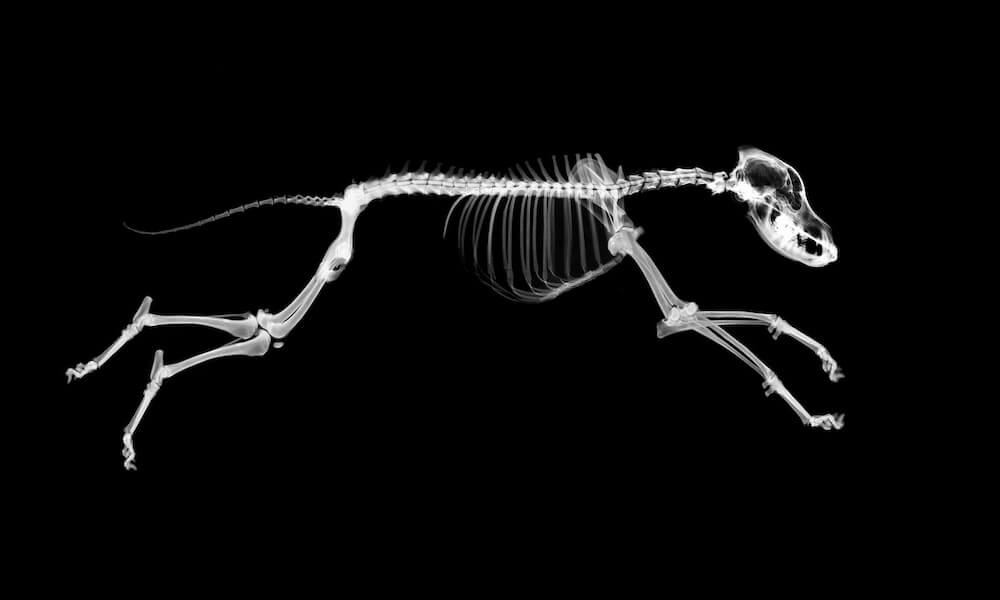
Checkout these animal X-rays from the Brookfield Zoo. Discover how the zoo’s vet team is sharing these skeletal snapshots of it’s rainforest friends.
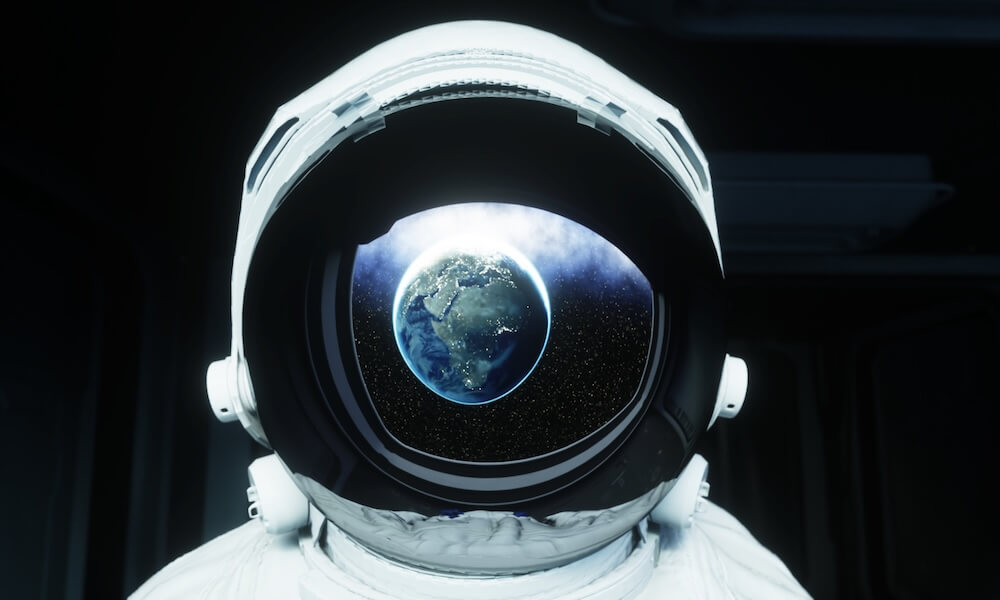
A new class of astronauts, with the potential to visit the moon and mars, will be announced by NASA. With exciting space programs on the horizon, new astronauts will be in for an adventurous career!

Every year, hurricanes, wildfires, and earthquakes damage communities. Learn about scientific advances that could help us better prepare for natural disasters.
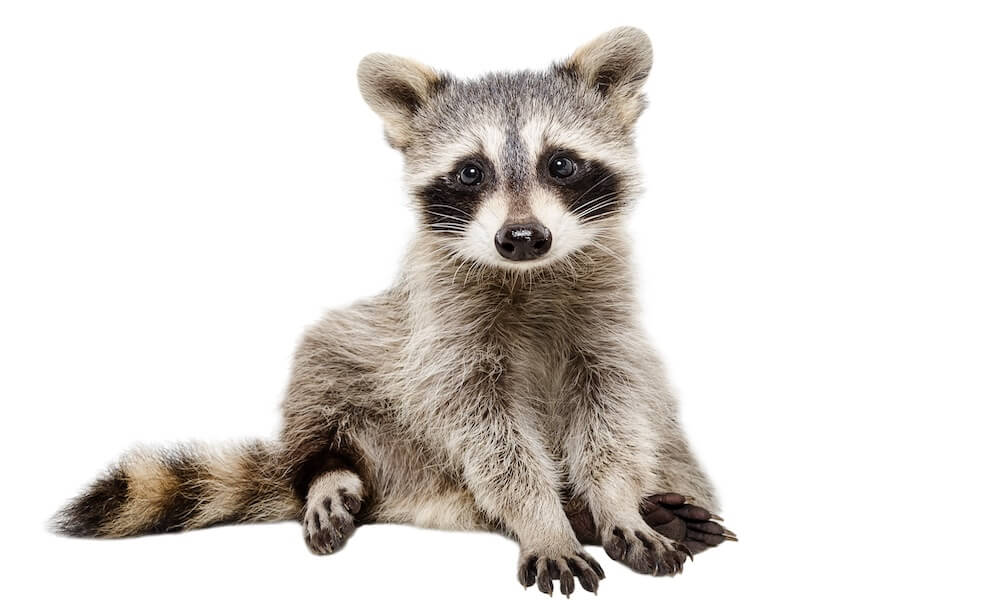
The animal kingdom is full of surprises. Wait until you meet the lock-picking raccoon, the clever dolphin, and the mirror-savvy pig.

Do you sometimes feel like you made a choice you didn’t really want to make? Marketers use a lot of tricks to get you to spend more money than you meant to. One of the most popular is “the decoy effect.” When faced with two choices—like a small or large drink—most people can pick pretty easily. Watch this video to learn how adding a third choice, or a “decoy” (like a medium size), can actually manipulate you into buying the more expensive option—even if you didn’t really want to.
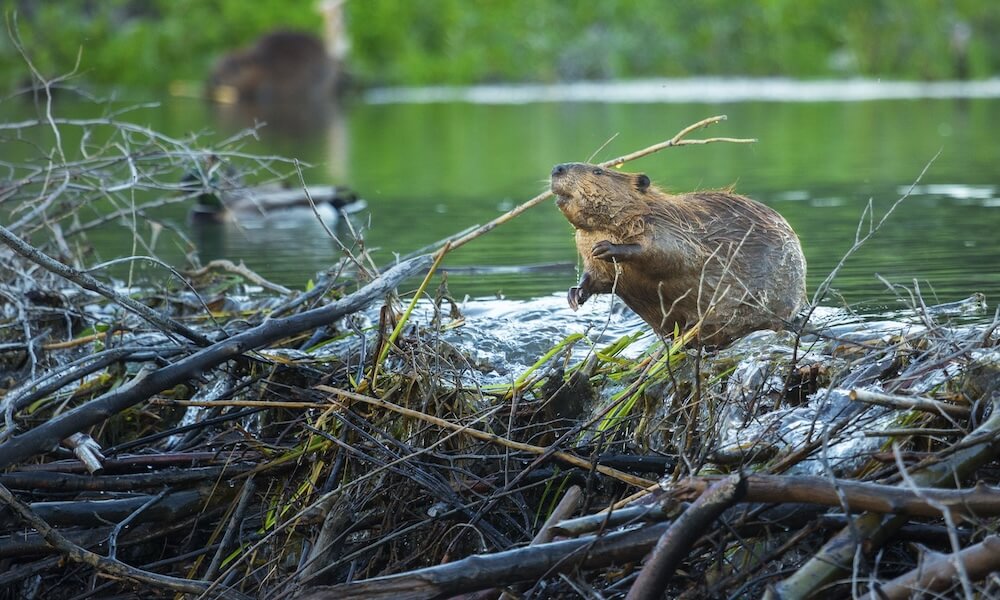
| Do the best engineers wear hard hats and use blueprints? Not always! Learn how beavers build and shape landscapes that support habitats for countless animals in Montana. |
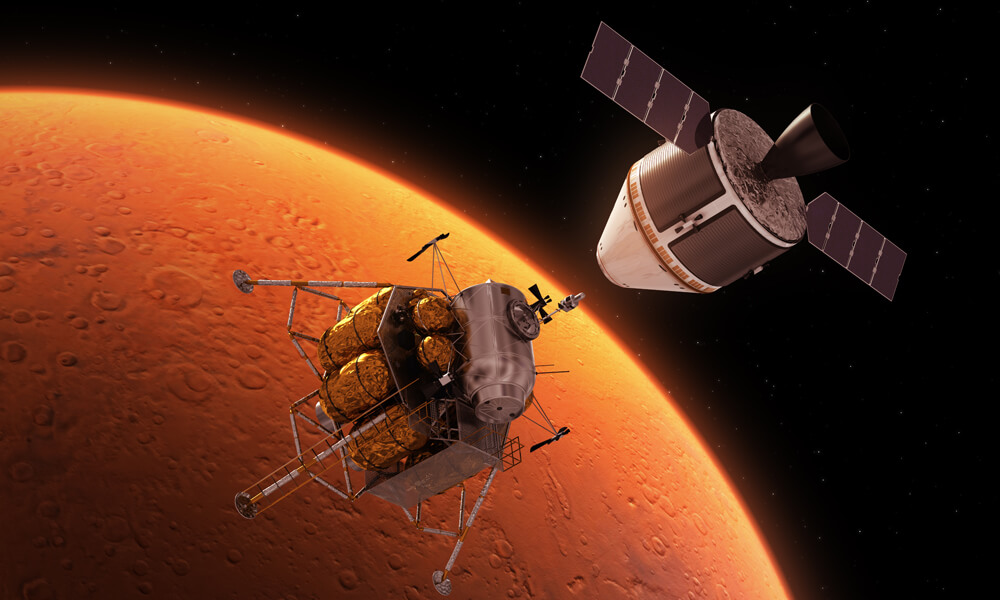
With the development of the next-generation Orion spacecraft—designed to eventually take astronauts to Mars— comes a number of all-new, advanced systems designed to track, monitor, and communicate with the spacecraft and its passengers. For NASA’s Mission Control facilities, all this additional technology meant that a brand new space was required to house the additional monitors and extra personnel. And that new space was shown to the public for the first time in late August of 2025.
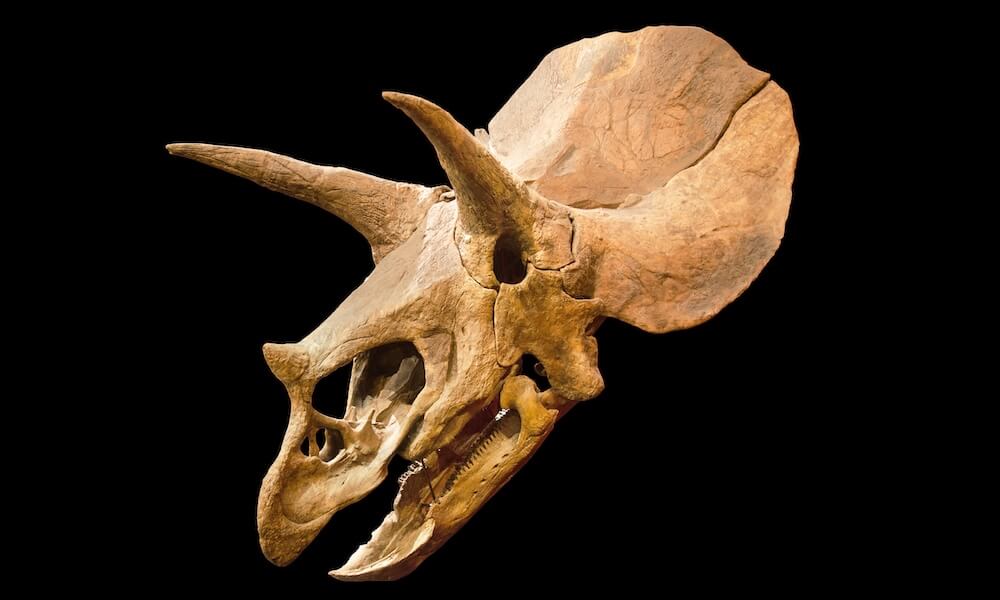
Many of us love the Jurassic Park movies, including real-life paleontologist Matt Lamanna. Listen, or read the transcript, to learn from a dino expert which details are scientific fact, and which ones are pure movie magic.

NASA and the Indian Space Research Organization have teamed up to create a satellite capable of detecting natural disasters and, potentially, saving countless lives.